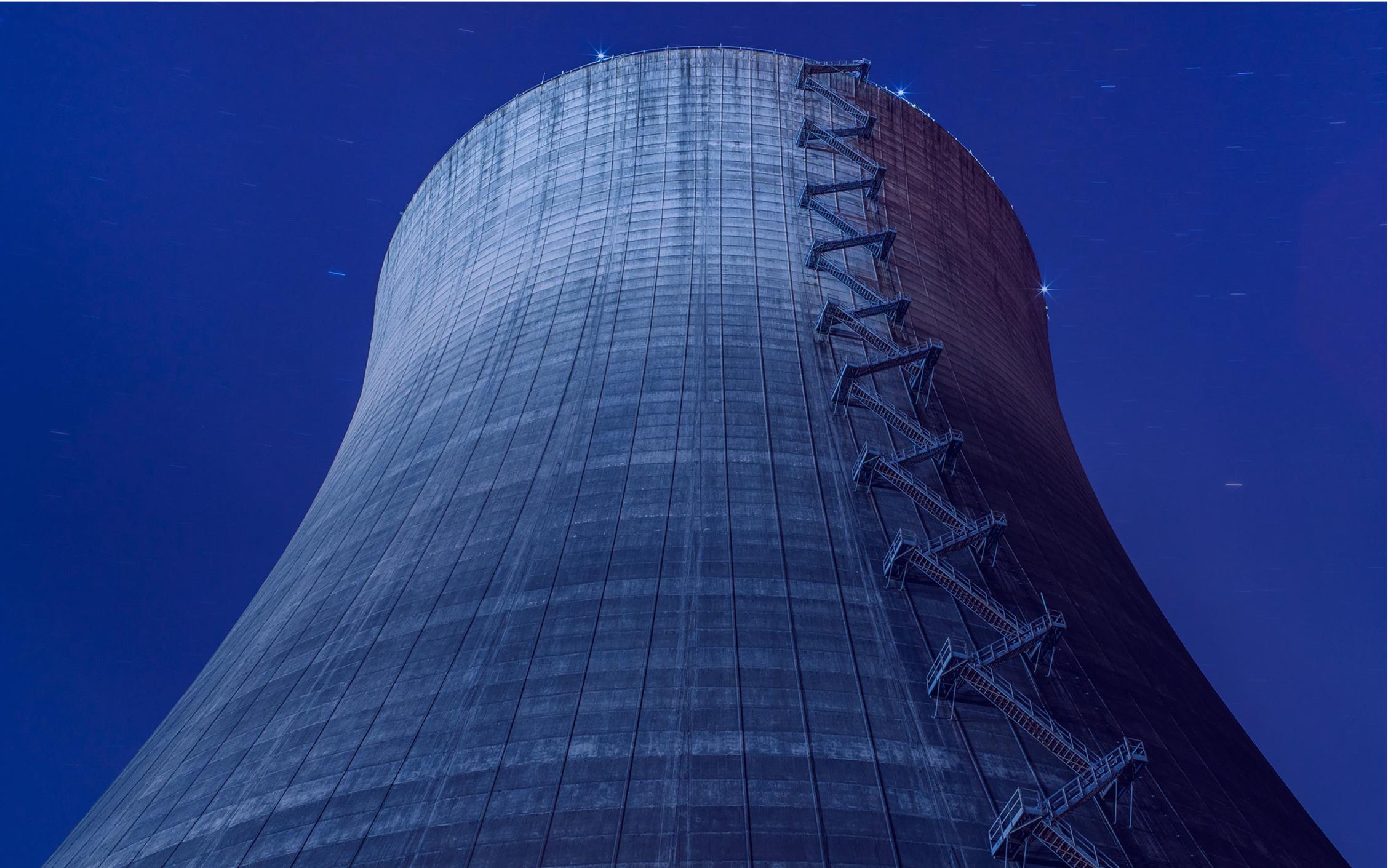
Accelerating Nuclear Innovation with Artificial Intelligence
CAELUS is developing the digital backbone of the next generation of nuclear systems, a platform that unifies design, licensing and operation to leverage the power of Artificial Intelligence
Building the Digital Ecosystem for the Nuclear Era
AI holds enormous potential for nuclear innovation — but the industry demands solutions built on privacy, reliability, and trust. CAELUS is developing a secure digital ecosystem where data, expertise, and technologies converge across the entire value chain. Its modular architecture enables private AI and interoperable tools designed specifically for industrial environments, transforming complex processes into connected, intelligent workflows.
Connect design, licensing, and operations through interoperable, AI-driven modules.
Enable secure deployment of private AI to protect sensitive industrial and regulatory data.
Build trust across the value chain with interoperable tools that make data sharing secure, transparent, and verifiable
Enhance engineering insight with intelligent, physics-based simulations.
Strengthen operational safety with real-time monitoring and predictive maintenance.
Tailored software for every player in the nuclear industry
Each CAELUS solution is purpose-fitted to serve the specific needs of designers, constructors, operators, and regulators, interconnecting their tools and data into one seamless digital continuum.
Nuclear Project Developers
Simplifies execution and procurement with data-driven tools.
DISCOVER
Cutting-edge Technology for Future Energy
CAELUS is born from the convergence of engineering expertise and digital technologies. Each module is enhanced by cutting-edge tools, including:
Artificial Intelligence and Machine Learning
Digital Twin for continuous simulation
Predictive analysis and telemetry
Collaborative interface for data-driven engineering
Native cybersecurity
Modular suite specific to your operational profile
Each Caelus solution consists of a targeted combination of modules and features to respond to the technical needs of your project.
CAELUS NuclearIDE
Supports advanced nuclear reactor development with simulation and analysis tools.
DiscoverCAELUS RegDock
Manages authorization and licensing processes for advanced nuclear reactors.
DiscoverCAELUS Horizon
Focuses on analysis, management and optimization of nuclear power plant lifecycle.
DiscoverMedia & Press
Here you can find articles, interviews, podcasts and public interventions that talk about us and our vision.
Visit our press roomContributing to the Energy Transition through Nuclear Innovation
CAELUS makes the nuclear sector more accessible, digitized and transparent, aligning with ESG criteria and international decarbonization roadmaps.
Our Services